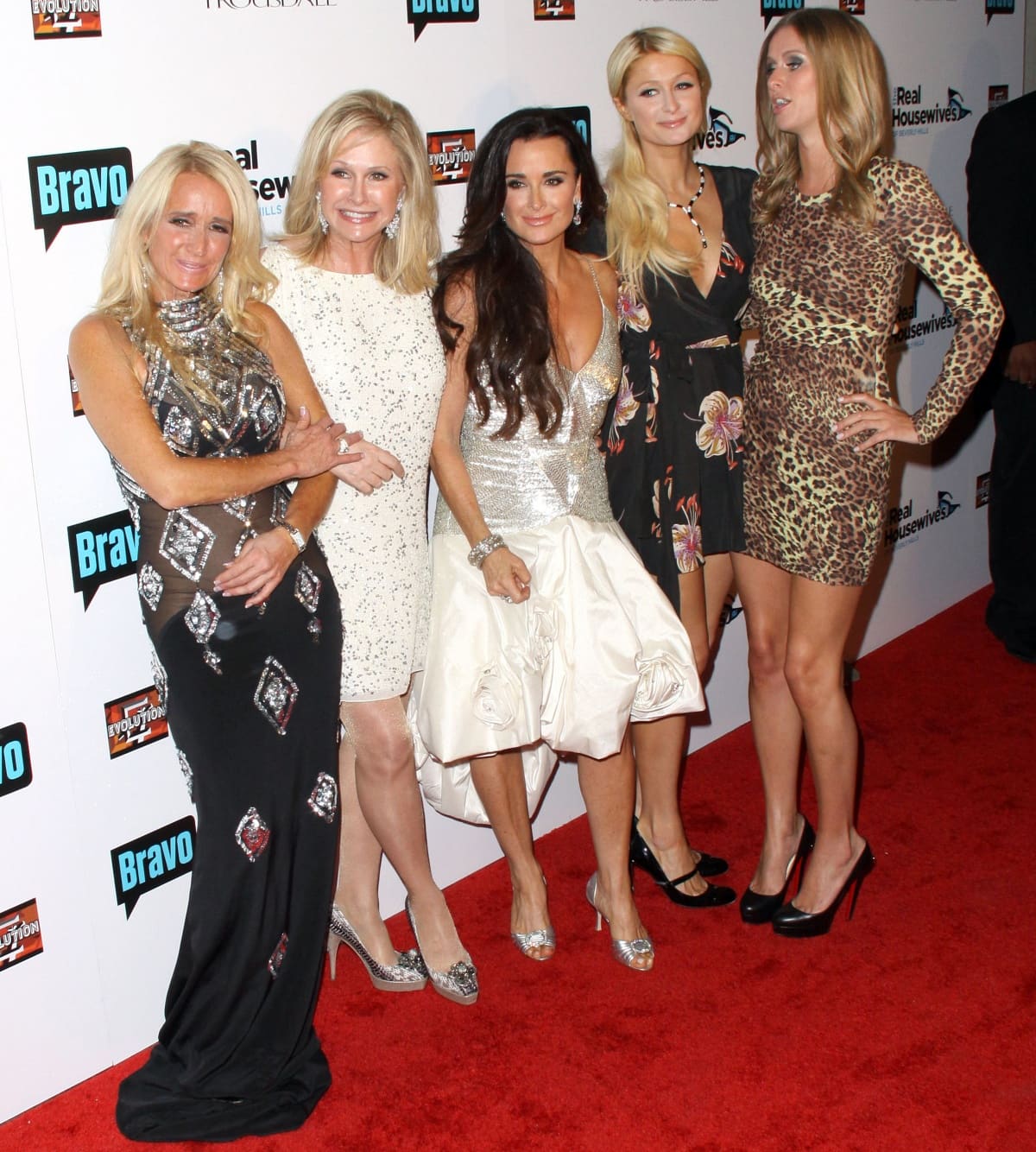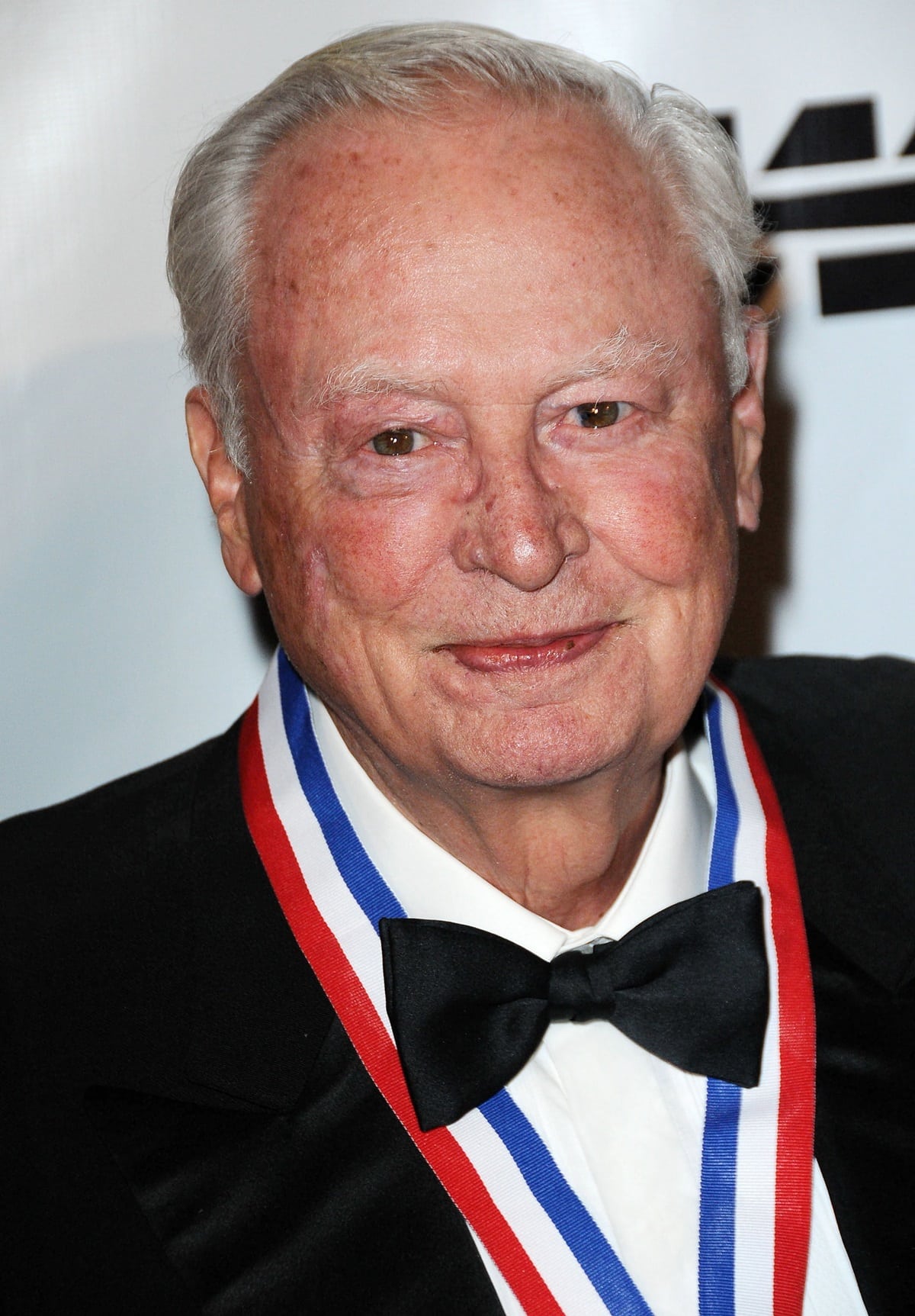Unpacking The Net Worth Of The Hilton Family: A Legacy Of Luxury And Business Acumen
Have you ever wondered about the vast wealth held by the Hilton family, a name that brings to mind grand hotels and famous faces? It's a question many people ask, wondering just how much money such a well-known family actually has. People are often curious about the financial standing of those who have built something big, and the Hiltons are a perfect example. Their story is, you know, quite a tale of building a fortune from the ground up.
The Hilton name is, in some respects, synonymous with luxury travel and hospitality around the globe. This family's journey from a single hotel purchase to a worldwide brand is pretty remarkable. It shows, too, how a good idea can really take off and become something truly special.
We'll look closely at the net worth of the Hilton family, exploring its origins and how it has grown over the years. We'll also consider how different family members have played a part in its story. So, stick around to get a better idea of this famous family's financial standing and what keeps their legacy going.
Table of Contents
- The Hilton Dynasty: A Brief History
- Conrad Hilton: The Visionary Founder
- Personal Details and Bio Data: Conrad Hilton
- How the Hilton Fortune Grew
- Key Family Members and Their Contributions
- The Current State of the Hilton Family's Wealth
- Managing a Multi-Generational Fortune
- What's Next for the Hilton Legacy?
- Frequently Asked Questions About Hilton Family Wealth
- Conclusion: The Enduring Impact of a Famous Name
The Hilton Dynasty: A Brief History
The story of the Hilton family's wealth really starts with Conrad Hilton. He was a person with big plans, and he began his journey in a very humble way. His early efforts laid the groundwork for what would become a massive hospitality business, so it's quite an inspiring start.
Conrad's initial purchase of a hotel in Cisco, Texas, back in 1919, was, you know, a pivotal moment. He bought the Mobley Hotel, a small place, with the idea of making it better. This simple act set off a chain of events that would change the travel industry forever, more or less.
From that single hotel, he slowly built an empire. He saw a need for comfortable and reliable places for travelers to stay, and he worked hard to meet that need. His vision was clear: to create a network of hotels that people could trust, which, frankly, was a brilliant idea at the time.
The early days were not without their challenges, of course. Conrad faced economic downturns and the usual difficulties of building a business. But his determination kept him going, and that's a pretty important part of the story.
His approach was to buy existing hotels and make them more efficient and appealing. This allowed for relatively quick expansion, which, you know, helped him grow his holdings faster than starting everything from scratch. He was a very shrewd business person, that's for sure.
The family's wealth today is a direct result of these foundational efforts. It’s a testament to long-term planning and, you know, a bit of good fortune mixed with hard work. The Hilton name is still powerful because of these early beginnings.
Conrad Hilton: The Visionary Founder
Conrad Nicholson Hilton, the man behind the famous hotel chain, had a background that prepared him for his future success. He was born in New Mexico, and his family had a history in business, which, you know, probably gave him some early insights. He learned a lot about what it takes to run things from his father, who operated a general store and, later, a small hotel.
His early experiences taught him about customer service and, perhaps more importantly, how to spot an opportunity. He saw the potential in the hotel business during a time when travel was becoming more common. This was, in a way, a very good time to enter that particular market.
Conrad's vision extended beyond just owning a few hotels; he wanted to create a consistent brand. He wanted guests to know what to expect when they stayed at a Hilton, no matter where it was. This idea of consistency was, quite honestly, a bit ahead of its time for the hotel industry.
He was known for his drive and his ability to make big deals. He wasn't afraid to take risks, which is, naturally, a part of building something substantial. His willingness to expand, even during tough economic times, set him apart from others, too.
His personal life also played a role in his public image, though his business achievements were always the main focus. He lived a life that, in some respects, reflected the grandness of his hotels. He was a public figure, and his actions often made the news, you know.
Conrad’s leadership shaped the company's early culture and its growth trajectory. He set a standard for hospitality that, frankly, many still try to follow. His influence on the brand is still felt today, which is pretty cool.
Personal Details and Bio Data: Conrad Hilton
| Full Name | Conrad Nicholson Hilton |
| Born | December 25, 1887 |
| Died | January 3, 1979 |
| Nationality | American |
| Known For | Founder of Hilton Hotels |
| Spouses | Mary Adelaide Barron (m. 1925; div. 1934), Zsa Zsa Gabor (m. 1942; div. 1947), Mary Frances Kelly (m. 1976) |
| Children | Conrad Nicholson Hilton Jr., William Barron Hilton, Eric Michael Hilton, Constance Francesca Gabor Hilton |
How the Hilton Fortune Grew
The growth of the Hilton fortune wasn't just about adding more hotels; it involved smart business decisions and, you know, a bit of foresight. Conrad Hilton made strategic purchases, like the Waldorf-Astoria in New York City, which really cemented the brand's luxury image. These kinds of moves helped increase the value of the entire company, naturally.
The company also expanded internationally, bringing the Hilton name to travelers around the world. This global reach meant more revenue streams and, basically, a bigger overall presence. It was a pretty ambitious plan, and it paid off.
Over time, the business model evolved. While the family originally owned many of the physical hotel properties, the strategy shifted to a mix of ownership, management contracts, and franchising. This allowed for quicker expansion without needing to put up all the capital for every new building, which, you know, is a very smart way to grow.
Managing a fortune of this scale requires constant attention, almost like ensuring a complex software system is refreshed with the latest update, keeping everything running smoothly and securely. Financial systems need regular checks, and strategies need to be updated to match market changes. This ongoing care helps preserve and grow wealth, just like security and cumulative reliability improvements help a system stay strong.
The family also made investments beyond just hotels. They diversified their holdings, putting money into different areas to spread out risk. This is a common practice for large fortunes, you know, to make sure all your eggs aren't in one basket.
The sale of Hilton Hotels Corporation to Blackstone Group in 2007 for over $26 billion was a major event. While the family no longer directly owned the entire chain, they retained significant wealth from the sale and, of course, their share of the brand's ongoing success through various agreements. This move, in a way, transformed their wealth from hotel assets into a more liquid and diversified portfolio.
So, the fortune grew through a combination of aggressive expansion, strategic brand building, and, you know, smart financial restructuring over many decades. It's a clear example of how a business can adapt and thrive through different eras.
Key Family Members and Their Contributions
After Conrad, his son Barron Hilton took the reins and, honestly, played a big part in growing the family's wealth even further. Barron was instrumental in expanding the company globally and, you know, introducing new concepts like the Hilton Honors loyalty program. He helped make the brand even more recognizable and profitable.
Barron also oversaw the spin-off of the gaming operations, creating Hilton Gaming, which later became Caesars Entertainment. This move showed a willingness to adapt and, you know, make smart business decisions that added to the family's financial strength. He was a very capable leader, that's for sure.
Then there are the more recent generations, like Paris Hilton and Nicky Hilton Rothschild. While they are widely known for their public personas, they have also carved out their own business paths. Paris, for instance, has built a successful brand around her name, with fragrances, fashion lines, and media projects. This, in some respects, adds to the overall family wealth in new ways.
Nicky has also ventured into fashion and design, showing her own entrepreneurial spirit. These younger family members are, you know, creating their own streams of income and continuing the family's legacy of enterprise, albeit in different fields. It’s pretty interesting to see how the family adapts.
The family's influence extends beyond direct business operations. Their philanthropic efforts, for example, through the Conrad N. Hilton Foundation, also play a significant role in their public image and, you know, their lasting impact. This foundation supports various causes globally, showing a commitment to giving back.
Each generation, it seems, has found ways to contribute to the family's enduring presence and, frankly, its financial standing. It’s not just about inherited wealth; it’s about continued engagement and, you know, new ventures. This ongoing activity helps keep the family name relevant and its financial position strong.
The Current State of the Hilton Family's Wealth
When people ask about the net worth of the Hilton family today, it's important to remember that it's a collective figure, not just one person's bank account. The family's wealth is spread across various investments, trusts, and, you know, the ongoing revenue from the brand they helped build. It's a complex picture, to be honest.
Estimates of the family's total wealth vary, but they often range into the billions of dollars. This includes money from the sale of the hotel chain, as well as investments made since then. The family, naturally, has a diversified portfolio, which is a smart way to handle such a large sum of money.
It's worth noting that the Hilton family no longer directly owns the Hilton Hotels & Resorts chain outright. As mentioned, the operating company was sold to Blackstone. However, they still benefit from the brand's success through various agreements and, you know, their continued investments. This is a common arrangement for wealthy families whose businesses have gone public or been sold.
The wealth is managed by a network of family offices and financial advisors. This helps ensure its preservation and growth across generations. It’s a bit like a very large, well-oiled machine, you know, with many moving parts.
The individual net worths of prominent family members, like Paris Hilton, are often reported separately, reflecting their own ventures and earnings. These individual fortunes contribute to the overall family wealth, but they are also distinct. So, the net worth of the Hilton family is a sum of many parts, in a way.
The family's financial health is, you know, subject to market conditions and investment performance, just like any large fortune. They have to make sure their assets are, basically, performing well. It’s a constant process of review and adjustment.
As of late 2024 and early 2025, the family's wealth continues to be substantial, supported by their historical business acumen and ongoing financial management. Just as a system like .NET 8.0 gets refreshed with the latest update as of July 08, 2025, to ensure optimal performance, the family's financial strategies need regular adjustments to stay ahead. They are, you know, always looking for ways to keep their financial house in order.
The Hilton name remains a powerful asset, even if the family's direct operational control of the hotel chain has changed. This brand recognition, frankly, still holds a lot of value. It's a legacy that continues to generate wealth and influence, which is pretty impressive.
Managing a Multi-Generational Fortune
Keeping a family fortune together across many generations is, honestly, a significant challenge. It takes careful planning and, you know, a lot of communication. The Hilton family has managed to do this, in part, through well-structured trusts and clear guidelines for wealth distribution. This helps prevent the fortune from being fragmented too quickly.
Philanthropy also plays a role in managing and preserving wealth for the long term. The Conrad N. Hilton Foundation, for example, allows a portion of the family's wealth to be used for charitable purposes, which, you know, also provides tax benefits and a lasting positive impact. It’s a way to give back while also managing assets.
Succession planning is another vital part of this process. Deciding who will manage the family's financial affairs and investments in the future is a big decision. This helps ensure continuity and, basically, keeps the wealth growing. It's a very important aspect of long-term financial health.
The family also has to deal with the public eye, which can be, you know, a bit of a challenge for wealth management. Transparency, while sometimes difficult, can build trust and maintain a good public image. It's a delicate balance, really.
Education within the family about financial responsibility is also key. Younger generations need to understand how the wealth was built and, you know, how to manage it responsibly. This helps instill a sense of stewardship rather than just entitlement, which is pretty important.
They, like many wealthy families, probably have a team of financial advisors, lawyers, and wealth managers. These professionals help with investment strategies, tax planning, and, you know, making sure everything is in order. It's a complex undertaking, after all.</

Paris Hilton Net Worth - Net Worth Post

From Hotel Empire to Fashion Icons: How the Hilton Family Built Their

From Hotel Empire to Fashion Icons: How the Hilton Family Built Their